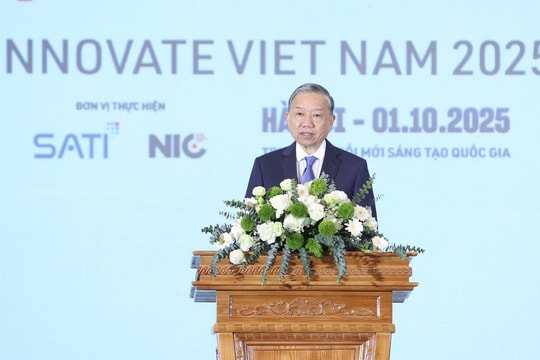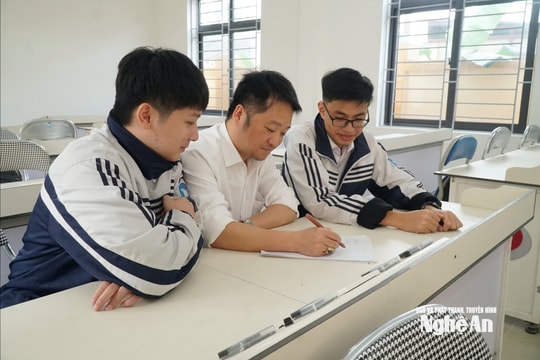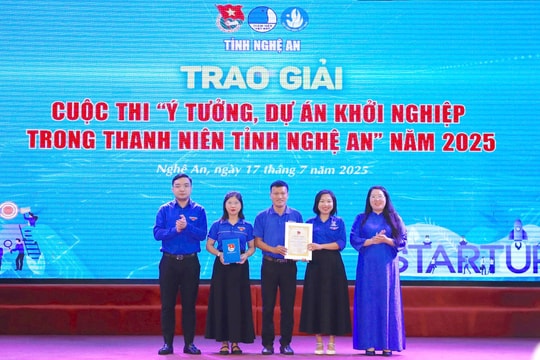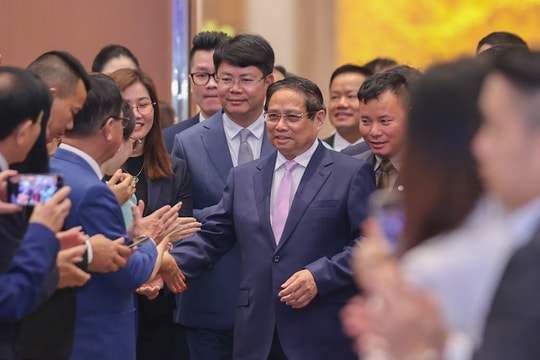The Startup Wave in Vietnam: From FPT to Flappy Bird
The Wall Street Journal believes that the stories of FPT, BKAV and Flappy Bird are examples of the development of startup culture and private companies in Vietnam.
In 1988, a group of Vietnamese engineers got their first contract, supplying computers to the Soviet Academy of Sciences. One of their first machines is still on display in Hanoi. “We were crazy back then,” said Truong Gia Binh, one of the group’s leaders.
Today, the company founded by that group of engineers - FPT - has become one of the leading enterprises in Vietnam with nearly 27,000 employees and revenue of nearly 1.8 billion USD in 2015.
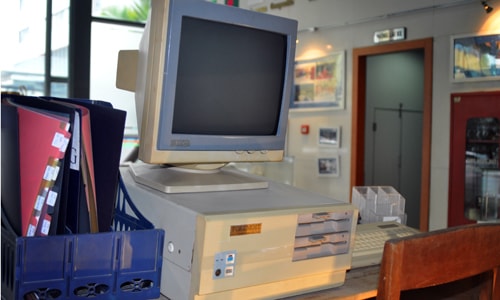 |
The computer is still on display at FPT. Photo: Ke Thu |
The rise of FPT and other domestic companies is a testament to the growth of private enterprises in Vietnam. Foreign investors often see Vietnam as a place where they can pay low wages and rent, thereby producing clothes and phones at cheaper prices than China.
They were right, many textile companies have flocked here in recent years. So have multinational technology companies. Samsung and Intel have both opened large factories here. Samsung electronics now contribute more than 10% of Vietnam's exports.
But now, Vietnamese startups and private companies are looking to escape the shadow of foreign tech firms and large state-owned companies, to make a name for themselves.
"We affirm that Vietnam is an investment destination. Samsung, Intel, Foxconn and Nokia have all proven that," said Mr. Truong Gia Binh - Chairman of FPT. The company is developing cloud computing software for General Electric, and has many large customers, such as AT&T.
Research firm Gartner ranks Vietnam as one of the top five outsourcing service providers in Asia, after China, India, the Philippines and Sri Lanka. This ranking has increased sharply compared to position 30 in 2010.
In a survey released in February, the company said Vietnam is a low-cost option for international companies, as English proficiency is improving.
Both domestic and foreign programmers have entered the game here. In 2013, more than 100,000 businesses registered to open websites, according to the latest figures from the Vietnamese Ministry of Information and Communications. This number increased by 170% compared to the previous year.
BKAV is also gradually expanding into the consumer electronics sector, making mobile phones to compete with Samsung and Apple. BKAV Director Nguyen Tu Quang even dressed in Steve Jobs style during the Bphone product introduction last year.
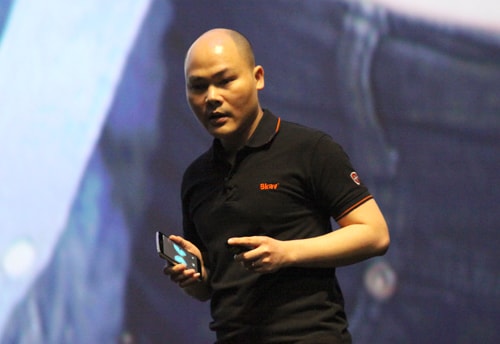 |
BKAV CEO - Nguyen Tu Quang at the Bphone launch last year. |
Nguyen Ha Dong - the creator of the hit mobile game "Flappy Bird" is also planning to make a comeback. This year, he plans to launch a series of new products. FPT is applying for a license to provide 4G services in Vietnam and also spends 50 million USD a year to buy or invest in startups in the US. Some other projects include an online teaching platform called - FUNiX, connecting teachers and students, to create a new generation of programmers, in addition to the annual number of graduates from FPT University.
Vietnam's e-commerce market also had a turnover of 4 billion USD last year, many times higher than just 700 million USD in 2012. This development has created many companies, such as hotdeal.vn.
Not all of these ventures have been as smooth as expected, however. Bkav recalled the Bphone last year after receiving widespread complaints of product defects. This year, the company says it is ready to launch a new version with more improvements. The company is also expanding into other areas, such as smartwatches.
These companies have also shown Vietnam's ambition to develop based on technology, like Korea and Taiwan (China). Mr. Binh said that although Vietnam currently has the ability to produce products domestically, marketing still needs to be done better to attract investment capital.
Alphabet, Google’s parent company, recently announced plans to train 1,400 engineers in Vietnam. Google CEO Sundar Pichai also visited Vietnam last December and participated in a forum with young entrepreneurs. He said they could succeed globally thanks to the popularity of the Internet and a strong startup culture. He affirmed that there was no reason why Vietnamese companies could not keep up with India or China.
“I think it’s just a matter of time. And I think a lot of you are already doing that,” Pichai said.
The Vietnamese government has also loosened many regulations for technology companies. "We are living in a culture of knowledge. Confucianism, Buddhism and Taoism have made us what we are today. So you need to know how to take advantage of it," Mr. Binh concluded.
According to VNE

